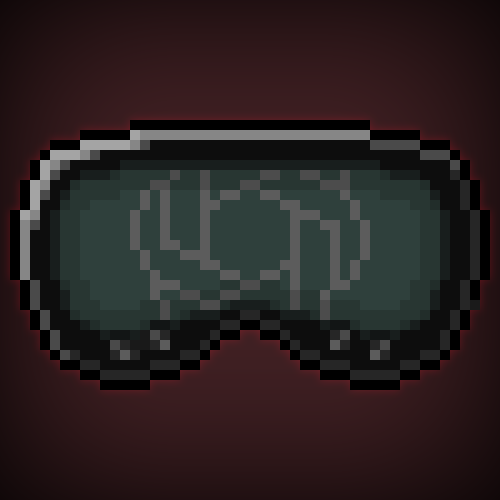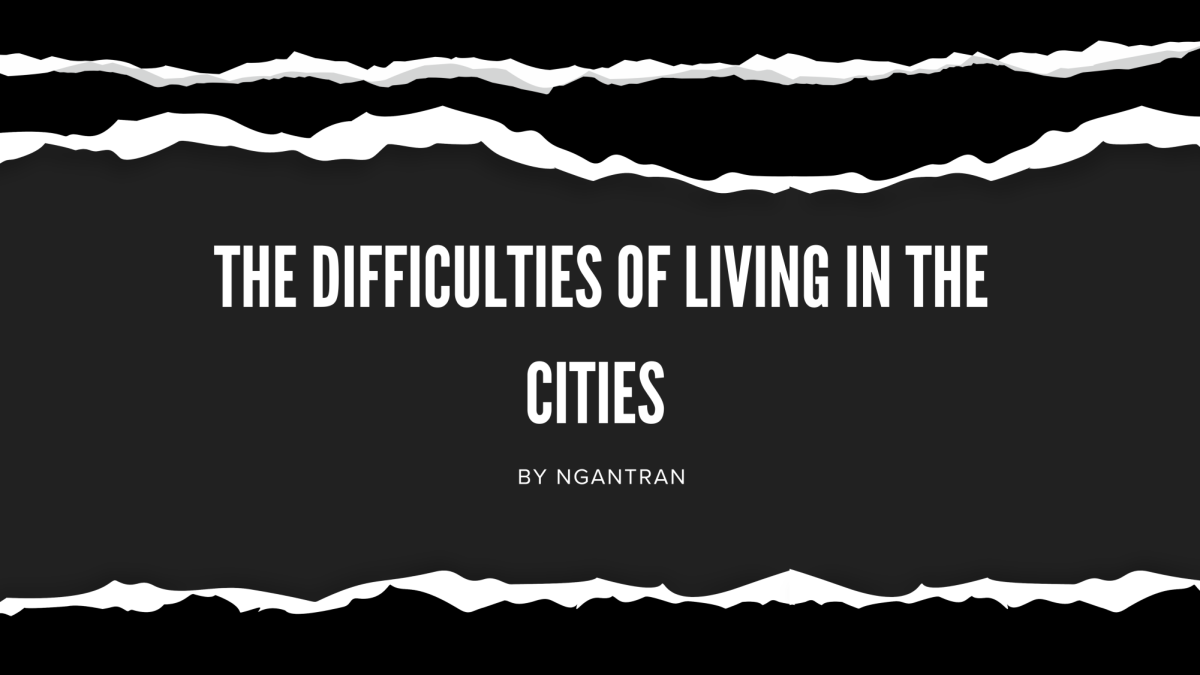2023 was a massive year for technology, but unfortunately, it wasn’t very positive. From the countless strikes to the lingering legislation in Congress, artificial intelligence, specifically Generative AI like ChatGPT, has been highly controversial worldwide in every aspect of society. AI, alongside other technologies like virtual reality and social media, do have their respective uses, but we might open up a Pandora’s box that may be too much for us to control. We as a society have always been worried about technology, take the countless examples in books and films. To list a few, there is 2001: A Space Odyssey, The Terminator, Blade Runner, Jurassic Park, and Ready Player One, all showing dystopian worlds where their scientists were “so preoccupied with whether they could, they didn’t stop to think if they should.”
These stories, while only science fiction at the time, are becoming frightening possibilities. In Ready Player One, there is a digital haven known as OASIS, allowing users to part ways from the dreadful reality and join others online for occasionally days at a time. Sadly, this is not far off from what several companies plan to create. For example, Mark Zuckerberg, the owner of Meta (Facebook), announced his focus on the Metaverse in 2021, a digital world that will replace portions of the real world. According to him on CNBC, “We hope to basically get to around a billion people in the metaverse doing hundreds of dollars of commerce, each buying digital goods, digital content, different things to express themselves, so whether that’s clothing for their avatar or different digital goods for their virtual home or things to decorate their virtual conference room, utilities to be able to be more productive in virtual and augmented reality and across the metaverse overall.”
Unfortunately, Meta isn’t the only company moving toward the replacement of the real world. Apple released their Vision Pro to US retailers on February 2nd, practically a Mac inside of a VR headset. You can have your surroundings visible or replace them entirely with your own chosen location. Sure, escapism is not a new concept, and it is still a main appeal to gaming and the internet. Even recently, Disney announced a partnership with Epic Games, the creators of Fortnite, to “bring together Disney’s beloved brands and franchises with the hugely popular Fortnite in a transformational new games and entertainment universe.” The difference between this digital world and ones like Apple’s or Meta’s is that it separates itself from reality. The Apple Vision Pro and the Meta Quest headsets are branded as replicating or replacing physical workspaces and interactions, isolating you from the great things the world can offer.
As for 2001: A Space Odyssey, artificial intelligence is not a new concept, not even close to it. Machine learning has been a concept since the first computers, and computers have been beating humans at strategy games like checkers and chess since the 1950s. Unfortunately, problems arise when AI is being considered in artistic, human roles, which we’ve long passed. The company OpenAI was one of the first to release Generative AI (using available data to create text or images) to the masses when ChatGPT-3 was released in June 2020. From there, ChatGPT has become, for better or worse, a lot more realistic and has started to make “art” with DALL-E.
Now, it is becoming harder by the day to tell what is real or created by a computer. Students, as many here at Santaluces know, are more often using ChatGPT to write their essays for them, and others online claim to be “AI artists,” using platforms like DALL-E, Midjourney, and Stable Diffusion to execute their ideas for them. While these aren’t terrible at a glance, the data used to form their intelligence consists of stolen work from both writers and artists alike. By using generative AI, all the talented, hard-working creators have their art and skill fed into machines without compensation. This doesn’t only include artists and authors, but journalists, photographers, actors, and even YouTubers.
As I admitted before, this doesn’t mean AI is all evil. ChatGPT can be a great tool in the right hands and has helped me research topics that I enjoyed, giving me a good starting point to look into myself. It has also helped me study, allowing me to have a “buddy” to go over the material with. AI images can also be beneficial, and many artists have used AI-generated art to spring ideas off of before growing them into their own works. Also, many channels and accounts on TikTok or YouTube have made comedy skits or funny videos using AI-replicated voices of presidents and fictional characters, not out of malice or even profit, but for the entertainment of everyone.
The best thing to draw from this article is that all these technologies may have a place in society, but only as helpful tools. VR headsets could allow for important meetings and be used in case of sickness or other limiting factors. AI, as mentioned before, can be used for education and entertainment. However, if society relies on these technologies, our society could become isolated. This can even be seen today with social media like Instagram or TikTok. Many use it to keep in touch with family and friends, even for entertainment and learning. However, ignoring the toxic users and communities on platforms like these, there have been many studies showing that unhealthy use of these apps is linked with depression, anxiety, eating disorders, and even suicide among teens.
It would be amazing to start using these technologies in the real world, but as a society, we need to make sure we’re doing it right. In case we don’t, there most likely won’t be a Terminator-esque apocalypse, but our lives may not be as good anymore, and we could lose many of the people we love. Make sure to use this tech with reason and moderation while making sure to live. “As terrifying and painful as reality can be, it’s also the only place where you can find true happiness. Because reality is real.”









